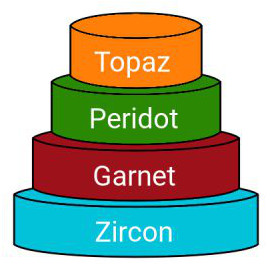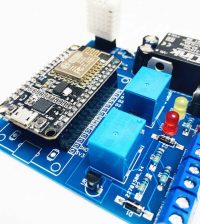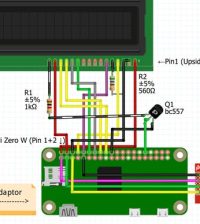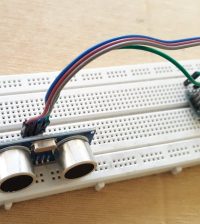- makeITcircular 2024 content launched – Part of Maker Faire Rome 2024Posted 2 weeks ago
- Application For Maker Faire Rome 2024: Deadline June 20thPosted 2 months ago
- Building a 3D Digital Clock with ArduinoPosted 7 months ago
- Creating a controller for Minecraft with realistic body movements using ArduinoPosted 7 months ago
- Snowflake with ArduinoPosted 8 months ago
- Holographic Christmas TreePosted 8 months ago
- Segstick: Build Your Own Self-Balancing Vehicle in Just 2 Days with ArduinoPosted 8 months ago
- ZSWatch: An Open-Source Smartwatch Project Based on the Zephyr Operating SystemPosted 9 months ago
- What is IoT and which devices to usePosted 9 months ago
- Maker Faire Rome Unveils Thrilling “Padel Smash Future” Pavilion for Sports EnthusiastsPosted 10 months ago
Machina, the Built-in Linux Emulator for Google Fuchsia

Google Fuchsia is a hybrid OS that is still very much in development and for now it is an open source project. The entirety of Fuchsia OS is comprised of two distinct but connected user interfaces (UI): a phone-centric one codenamed ‘Armadillo’ and a traditional desktop UI known as ‘Capybara’ internally and it would tightly integrate Google Assistant voice technology.
One of the greatest struggles of creating an entirely new OS, especially today, is to develop good apps to make the OS more attractive for customers at the same time. Guest apps allows you to boot up a virtual OS, inside of Fuchsia. The new Guest app, which initially supports Linux-based platforms including Debian, works with the Machina library to accomplish this in a way that goes beyond what you can get from QEMU.
Google describes Fuchsia’s Machina as “a library that builds on top of the Zircon hypervisor to provide virtualized peripherals that integrate with a garnet system.” Zircon is the Fuchsia microkernel, based on Little Kernel (LK), and formerly called Magenta. Garnet is the layer that sits directly atop Zircon and offers device drivers, the Escher graphics renderer, Fuchsia’s Amber updater, and the Xi Core engine for the Xi text and code editor. Other layers include Peridot for app design, and on top, Topaz, a Flutter-supported app layer.
More information about Fuchsia OS and Machina can be found at 9to5Google and Linux.com.
















